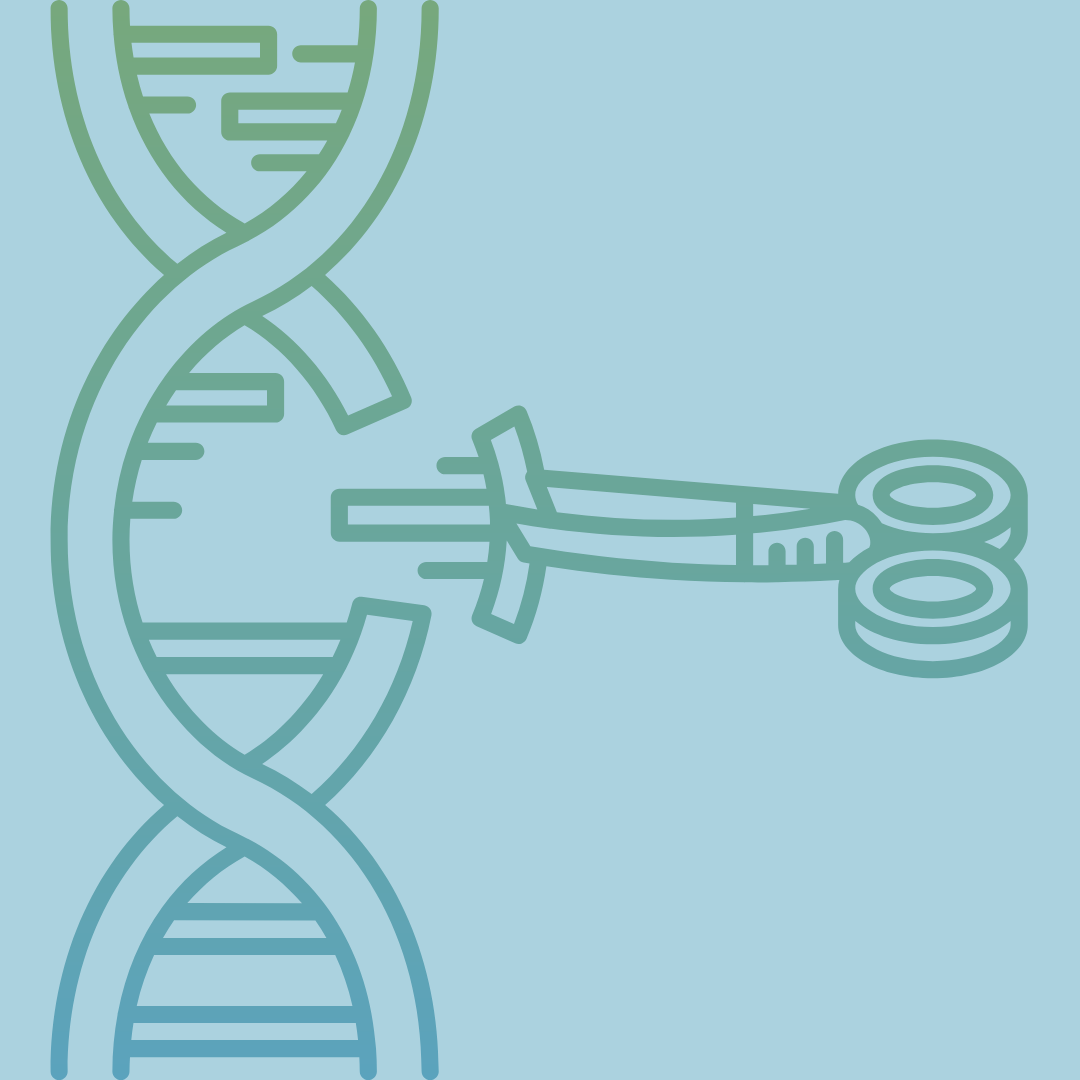What are the lines and who draws them?: The CRISPR-Cas9 story
By Sara Moretto,
The Varsity
| 09. 22. 2024
It was 2020. I was wrapping up grade nine science with a solid 60 per cent, hoping that if anyone saw my failed tests in the recycling bin, it would contribute to an air of mystery about me. This reason was preferable to the truth, which was that I was sick and I had been for a while. I didn’t like many subjects, least of all science, with its academic rigour and air of superiority. I felt that science was a body of knowledge sealed behind textbooks for those people who were suited to learn. It was for the people who understood pharmacy through reactions; physiology through diagrams; and who are essentially healers armed with multi-coloured highlighters.
In the same year, biochemists Emmanuelle Charpentier and Jennifer Doudna were studying bacterial immune systems. Bacteria defend themselves from invading viruses differently than humans. After an infection, bacteria store chunks of invading viral genetic material within their DNA for later reference, like a molecular ‘Wanted’ poster for future viral attacks. These bacteria store what they learned from the viruses in a section called the clustered...
Related Articles
By Alex Polyakov, The Conversation | 02.09.2026
Prospective parents are being marketed genetic tests that claim to predict which IVF embryo will grow into the tallest, smartest or healthiest child.
But these tests cannot deliver what they promise. The benefits are likely minimal, while the risks to...
By Steve Rose, The Guardian | 01.28.2026
Ed Zitron, EZPR.com; Experience Summit stage;
Web Summit 2024 via Wikipedia Commons licensed under CC by 2.0
If some time in an entirely possible future they come to make a movie about “how the AI bubble burst”, Ed Zitron will...
By Arthur Lazarus, MedPage Today | 01.23.2026
A growing body of contemporary research and reporting exposes how old ideas can find new life when repurposed within modern systems of medicine, technology, and public policy. Over the last decade, several trends have converged:
- The rise of polygenic scoring...
By Daphne O. Martschenko and Julia E. H. Brown, Hastings Bioethics Forum | 01.14.2026
There is growing concern that falling fertility rates will lead to economic and demographic catastrophe. The social and political movement known as pronatalism looks to combat depopulation by encouraging people to have as many children as possible. But not just...




